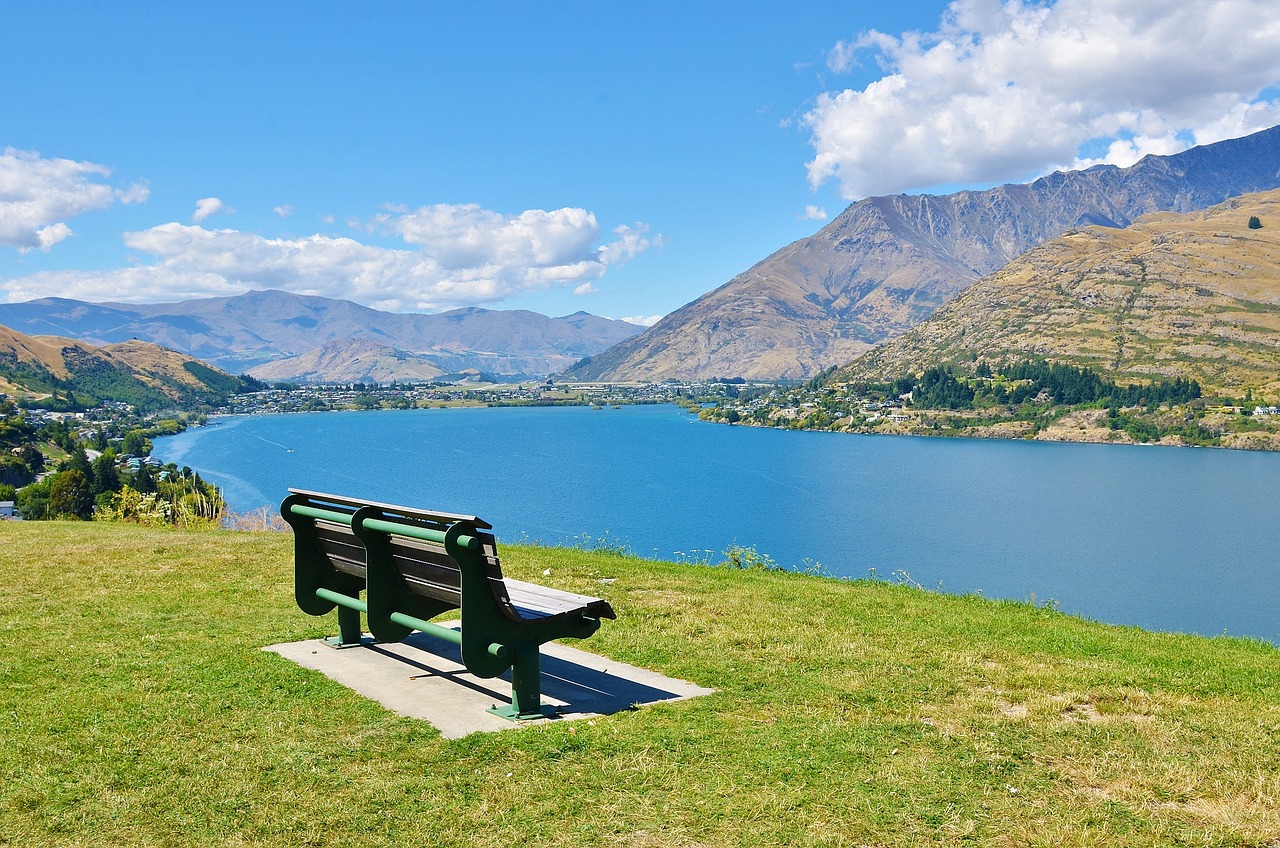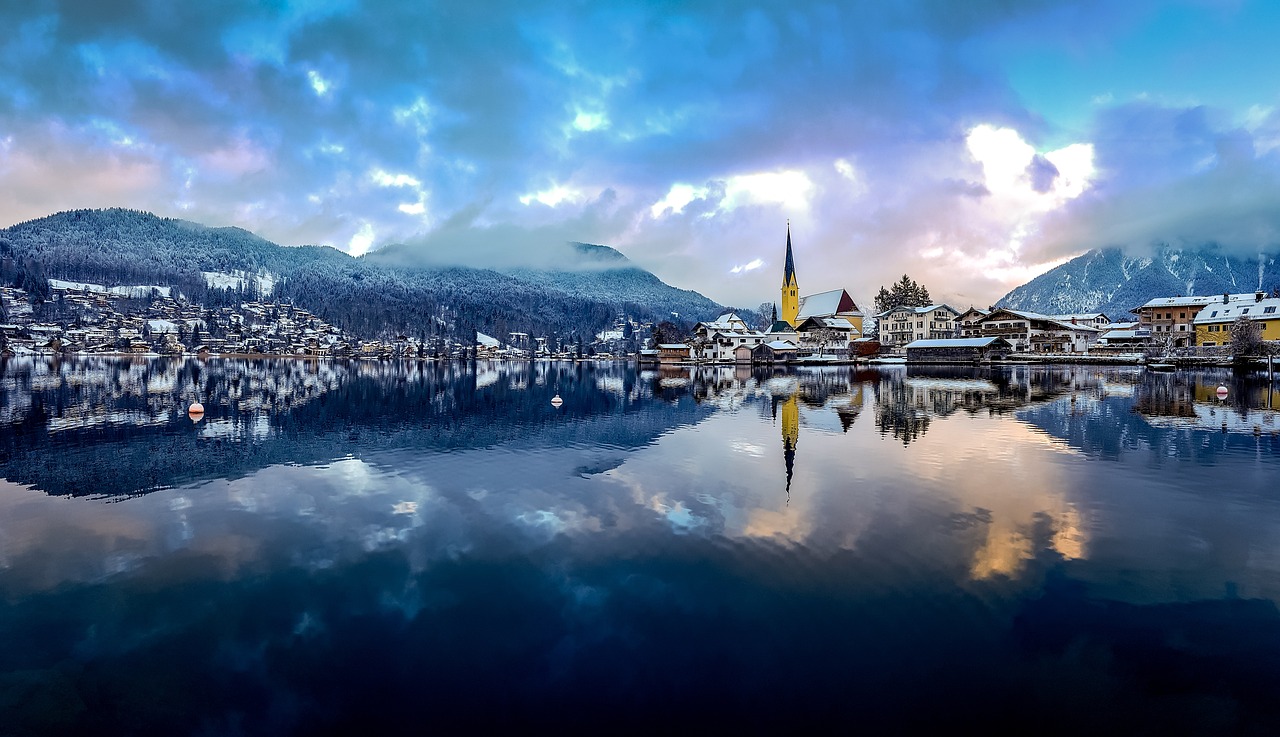New Zealand Video
Cultural Sensitivities: Understanding Local Norms in New Zealand
New Zealand is a country rich in cultural diversity, with a unique blend of Maori, European, Pacific, and Asian influences. As a visitor to this beautiful country, it is essential to understand and respect the local norms and cultural sensitivities to ensure a positive and enriching experience. This article aims to provide you with detailed information about various aspects of New Zealand’s cultural sensitivities, from greetings and social etiquette to food and traditional customs.
Greetings and Social Etiquette
When meeting someone in New Zealand, a firm handshake is the most common form of greeting. It is customary to maintain eye contact during the handshake. Kiwis, as New Zealanders are often referred to, are generally friendly and open, so it is acceptable to engage in small talk and ask about their well-being or their day.
- Kia ora: This is a Maori greeting that means “hello” or “welcome.” It is widely used in New Zealand and is a great way to show respect for the local culture.
- Respecting personal space: New Zealanders value their personal space, so it is important to maintain an appropriate distance when engaging in conversation.
- Punctuality: Being punctual is highly valued in New Zealand. If you have an appointment or a social gathering, it is considered polite to arrive on time.
- Saying “please” and “thank you”: Politeness is highly regarded in New Zealand, so remember to use these simple courtesies in your interactions with locals.
Food and Dining Etiquette
New Zealand’s cuisine is a delightful fusion of flavors from various cultures, reflecting the country’s diverse population. When dining in New Zealand, it is important to be aware of the local dining etiquette to ensure a pleasant experience.
- Table manners: It is customary to wait for everyone to be served before starting a meal. Keep your elbows off the table and avoid talking with your mouth full.
- Paying the bill: In New Zealand, it is common for each person to pay for their own meal, unless it is a special occasion or someone offers to treat the group.
- Tipping: Tipping is not a common practice in New Zealand, as the service charge is usually included in the bill. However, if you receive exceptional service, it is appreciated to leave a small tip.
- Food preferences: New Zealanders have diverse food preferences, and it is essential to respect dietary restrictions or preferences of your hosts or fellow diners.
Religious and Cultural Customs
New Zealand embraces a variety of religious and cultural customs, and it is important to respect and appreciate these practices during your visit.
- Maori customs: The indigenous Maori culture holds a significant place in New Zealand. When visiting Maori marae (meeting grounds), it is customary to remove your shoes and show respect for their customs and protocols.
- Religious observances: New Zealanders practice a range of religions, including Christianity, Hinduism, Buddhism, and Islam. It is important to be mindful of religious observances and avoid scheduling activities that may clash with important religious events.
- Tattoos (Tā moko): Tā moko, traditional Maori tattoos, are considered a sacred art form. It is crucial to respect the significance of these tattoos and not touch or make inappropriate comments about them.
- Public displays of affection: New Zealanders generally have a relaxed attitude towards public displays of affection. However, it is advisable to be mindful of your surroundings and respect cultural norms, especially in more conservative areas.
Environmental Considerations
New Zealand is renowned for its stunning natural landscapes and pristine environment. As a visitor, it is important to be aware of the environmental considerations and sustainable practices that are valued in the country.
- Protecting flora and fauna: New Zealand has a unique ecosystem with many endemic species. It is essential to follow guidelines and avoid disturbing or harming plants and animals.
- Responsible camping: If you plan to camp in New Zealand, ensure you are aware of the specific rules and regulations for each area. Respect private property and leave no trace of your visit.
- Conservation efforts: There are various conservation projects and initiatives across the country. Consider supporting these efforts by learning about them and participating in eco-friendly activities.
- Waste management: New Zealand has a strong focus on waste management and recycling. Make sure to dispose of your waste responsibly and follow local recycling guidelines.
Image 1:

Traditional Celebrations and Festivals
New Zealanders love to celebrate their cultural diversity through various festivals and events throughout the year. Attending these celebrations can provide a deeper understanding of the local customs and traditions.
- Matariki: Matariki is the Maori New Year celebration, typically held in June or July. It is a time of reflection, remembrance, and new beginnings.
- Chinese New Year: Chinese New Year is widely celebrated in New Zealand, with vibrant festivities, lion dances, and delicious food.
- Pasifika Festival: Pasifika Festival showcases the vibrant cultures of the Pacific Islands, featuring traditional music, dance, and arts and crafts.
- Diwali: Diwali, the Festival of Lights, is celebrated by the Indian community in New Zealand. It is a joyful occasion with fireworks, traditional food, and colorful decorations.
Image 2:

Language and Communication
English is the predominant language spoken in New Zealand, but the country also recognizes Maori as an official language. Understanding the local language and communication style can enhance your interactions with the locals.
- Kiwi slang: New Zealanders have their unique slang words and phrases, such as “sweet as” (meaning “great” or “awesome”) and “bach” (referring to a holiday home).
- Maori language: Learning a few basic Maori words and phrases, such as greetings and expressions of gratitude, can be a great way to show respect for the indigenous culture.
- Direct communication: New Zealanders tend to be straightforward and value honesty. It is appreciated when you communicate openly and directly.
- Non-verbal communication: Pay attention to non-verbal cues, such as facial expressions and body language, as they can convey important messages during conversations.
Image 3:

Conclusion
By understanding and respecting the cultural sensitivities and local norms in New Zealand, you can have a more meaningful and enjoyable experience during your visit. Embrace the diversity, engage with the local customs, and show appreciation for the rich cultural heritage of this beautiful country.
References
– newzealand.com
– maoritelevision.com
– nzhistory.govt.nz
– tourismnewzealand.com


